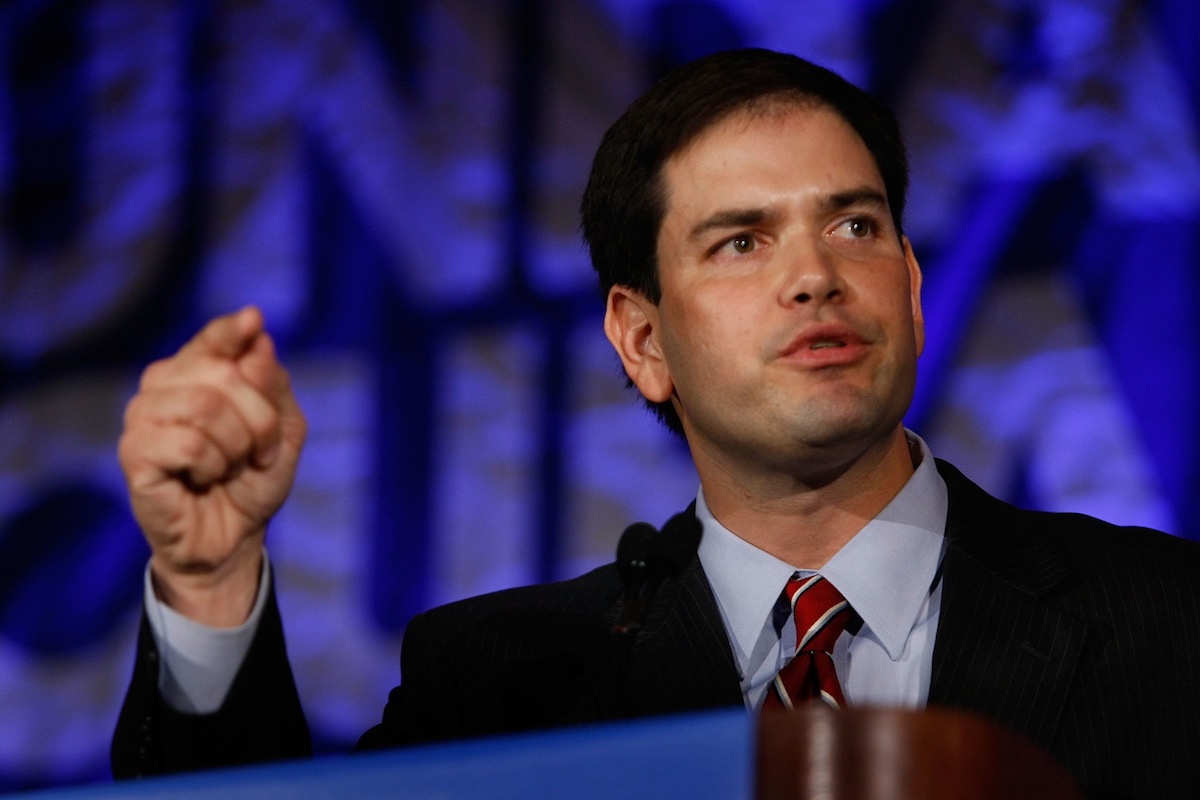
Monday promises to be a big day for Marco Rubio: the Florida Senator has said that he’ll announce whether he plans to run in the next election, and for what.
It was only a little more than five years ago that Rubio took the big risk that brought him to the precipice of a potential presidential candidacy. He had spent nearly a decade in the Florida state legislature but, in mid-2009, was not in office. In mid 2009, Florida’s governor Charlie Crist seemed to have the race locked up to become Florida’s next Senator. Then, after Barack Obama won the White House, Crist appeared at an event with the new President and exchanged a hug.
Rubio, as TIME’s David von Drehle recounted in a 2010 cover story about the changing Republican party, saw his chance:
Another Florida Republican had a different idea. His name was Marco Rubio. He was the baby-faced former speaker of the Florida legislature. Well-wired Floridians knew that Rubio was thinking about challenging Crist for a seat in the U.S. Senate, and they also knew that this was quixotic because Crist had at least a 30-point lead in the polls, plus friends and money and endorsements from powerful Republicans around the country.
But Rubio saw an opportunity in that hug. If one possible Republican strategy was to embrace the Democratic spending agenda, surely there was a case to be made for opposing it. Rubio decided to “stand up to this Big Government agenda, not be co-opted by it,” and three months after The Hug, tossed his hat into the ring. The date was May 5, 2009.
Looking back, that was the day the 2010 election truly began–not just the campaign for a Senate seat from Florida but the broad national campaign for control of Congress and the direction of the country. Rubio’s decision to wage a philosophical battle for the soul of the Florida GOP was a catalyst for the surprising and outrageous events that followed. He became a darling of the nascent Tea Party movement and a point man in the movement’s purge of the GOP establishment. Rubio led the way for a dust-kicking herd of dark-horse candidates–some thoroughbreds, some nags. And most of all, Rubio symbolized the fact that this year’s midterms have become a referendum on such fundamental issues as the role of government and the size of the public debt.
Crist eventually dropped out of the Republican field to run as an Independent, but it was too late. Rubio won the Senate seat and was catapulted to the top rung of the Republican Party.
Read the 2010 cover story, here in the TIME archives: Party Crashers
See the 2016 Candidates Looking Very Presidential
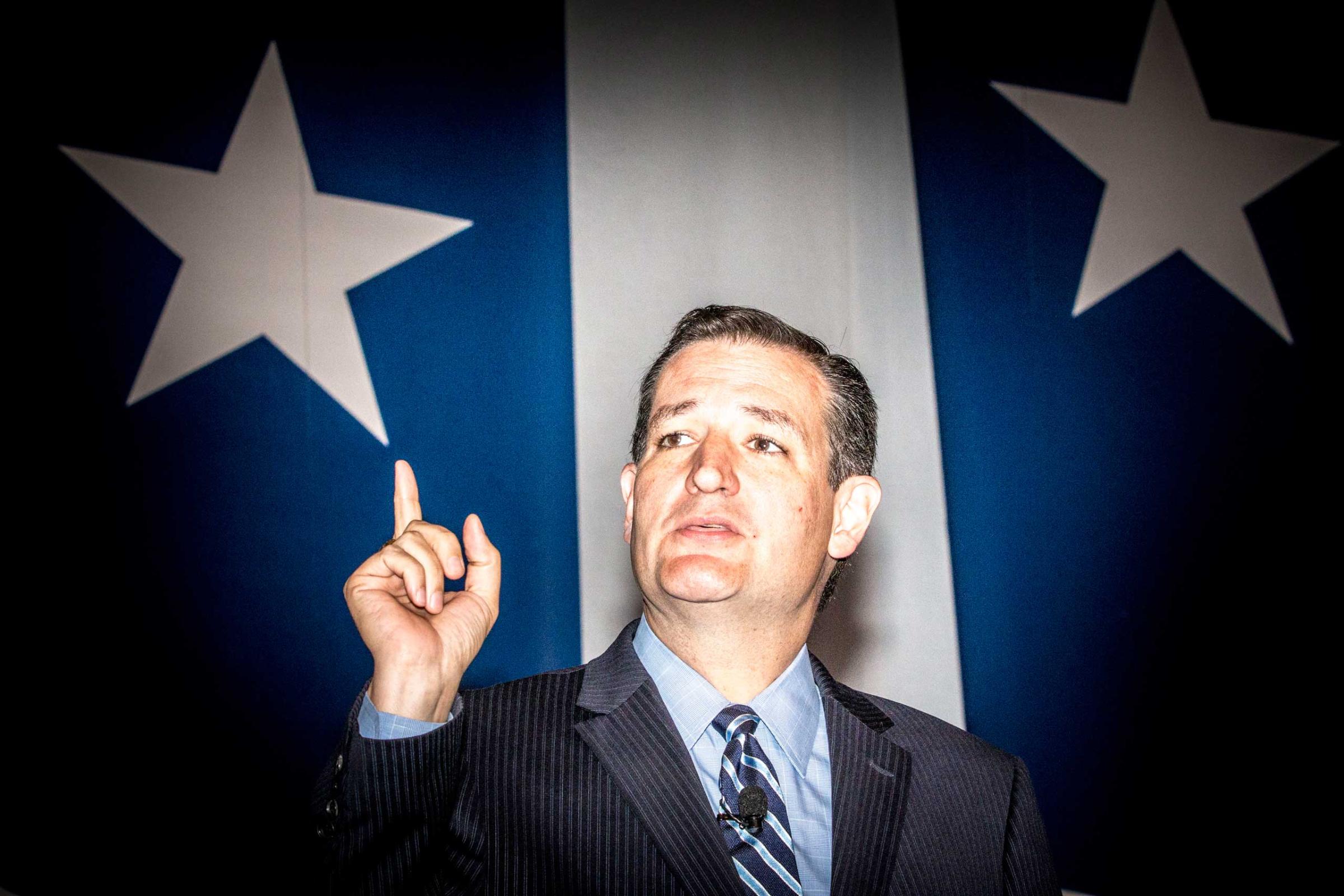
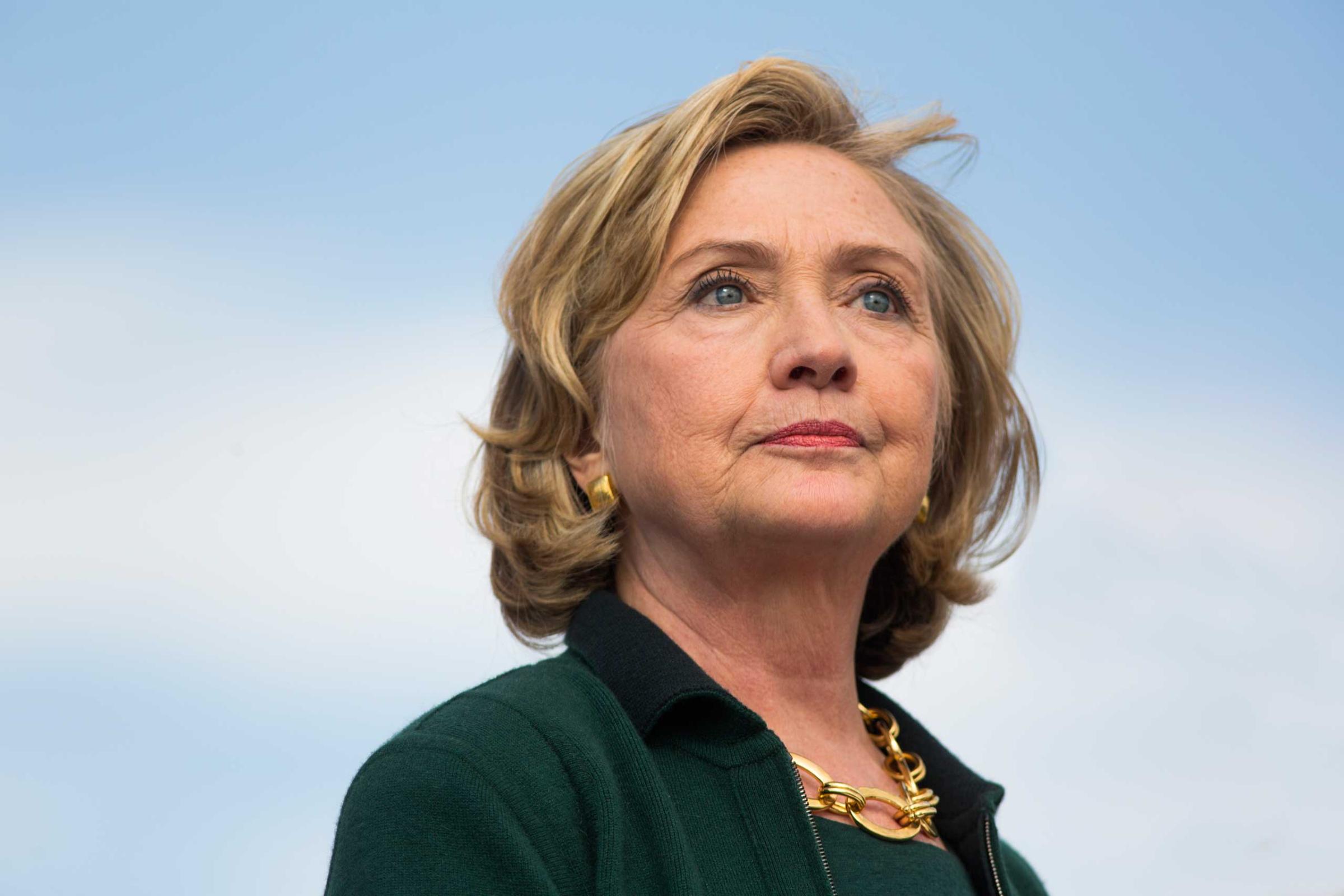
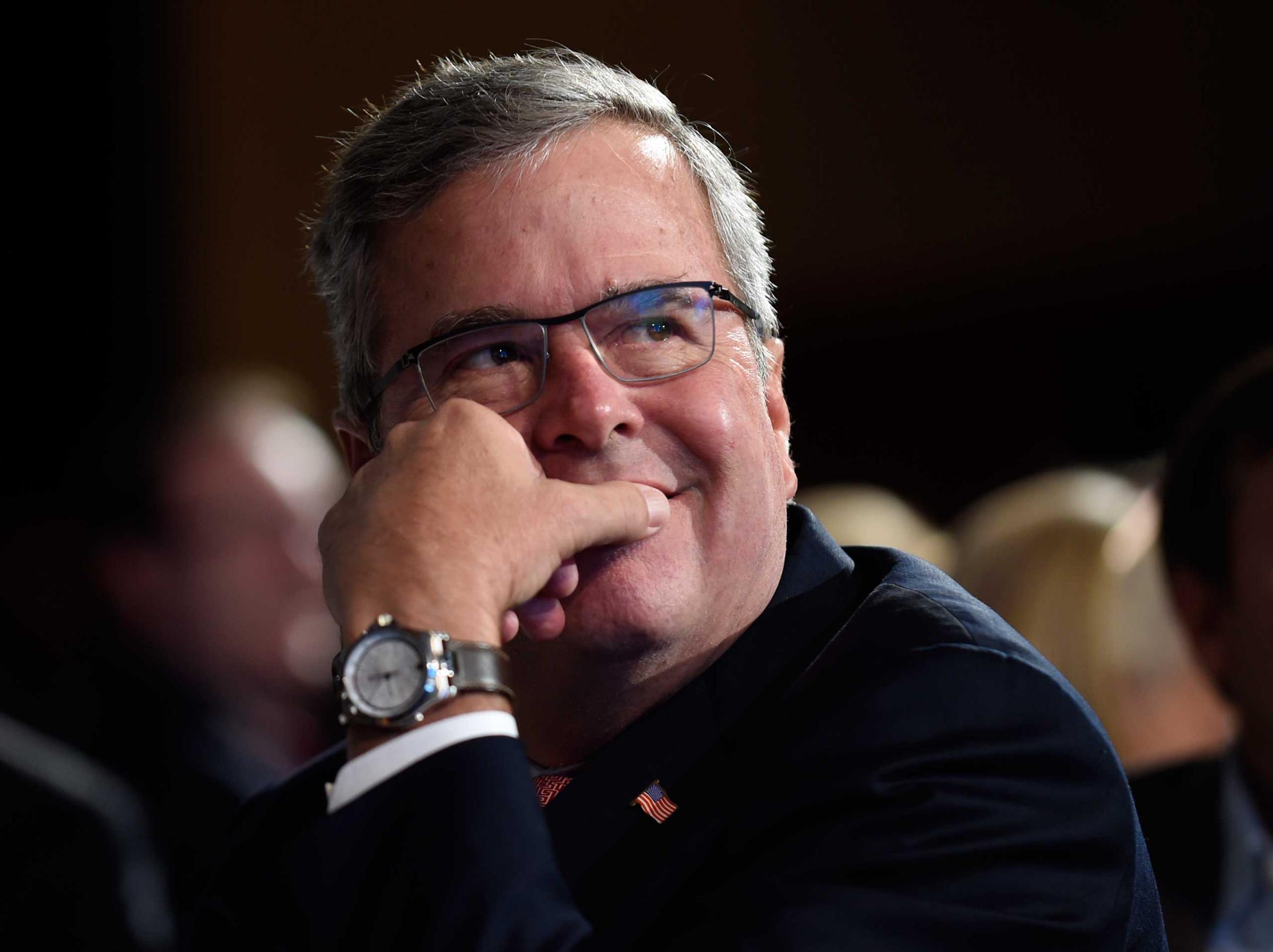
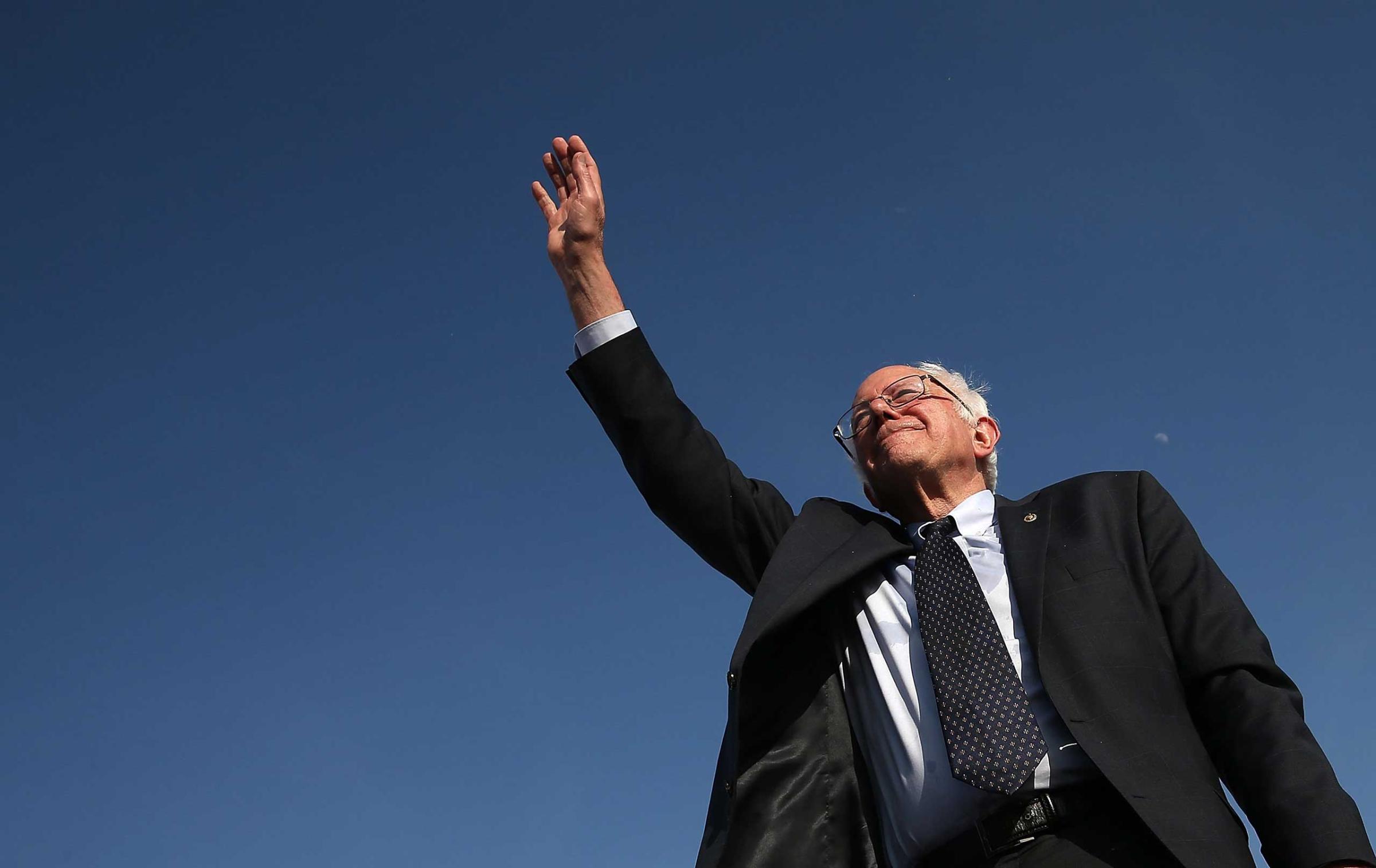
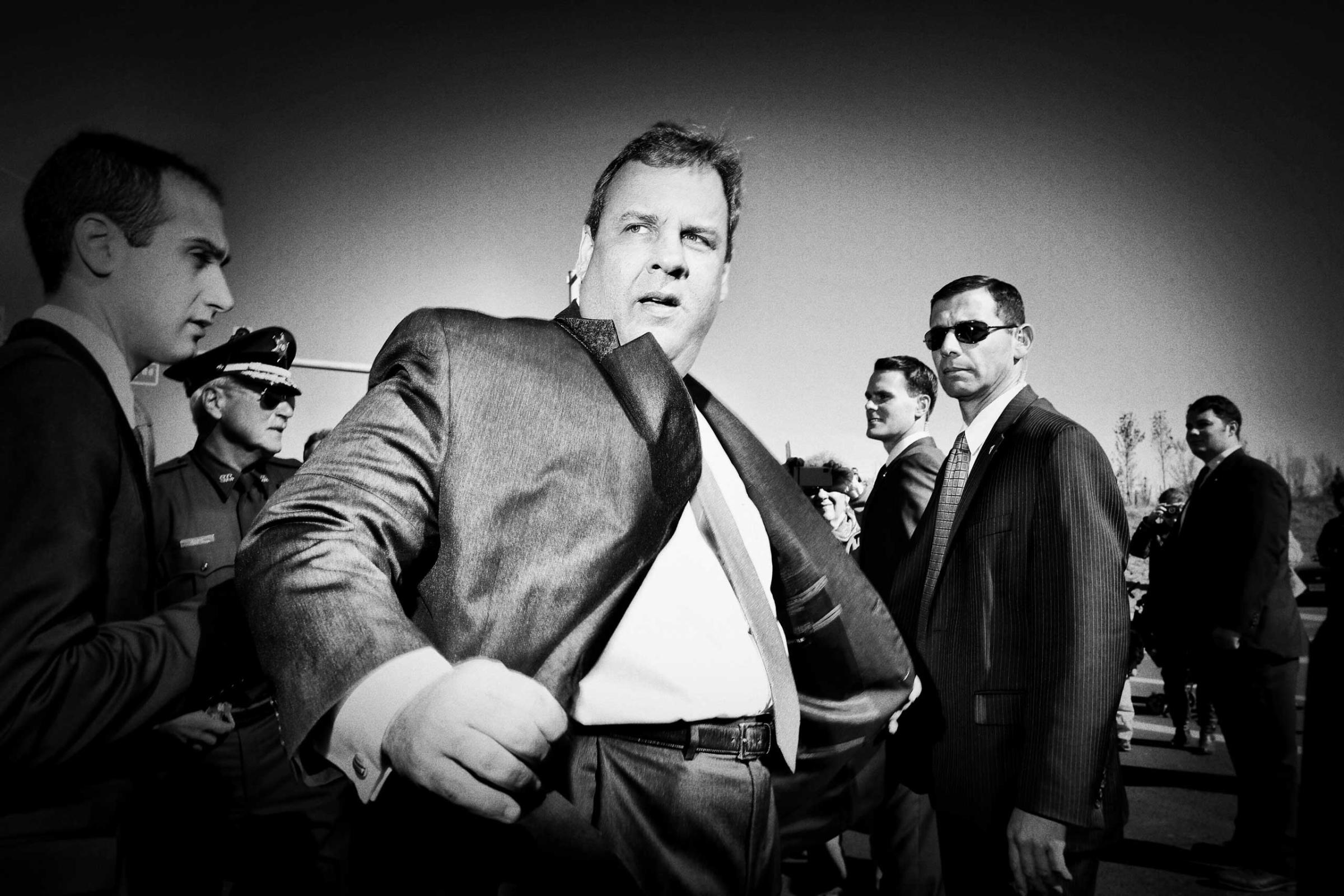
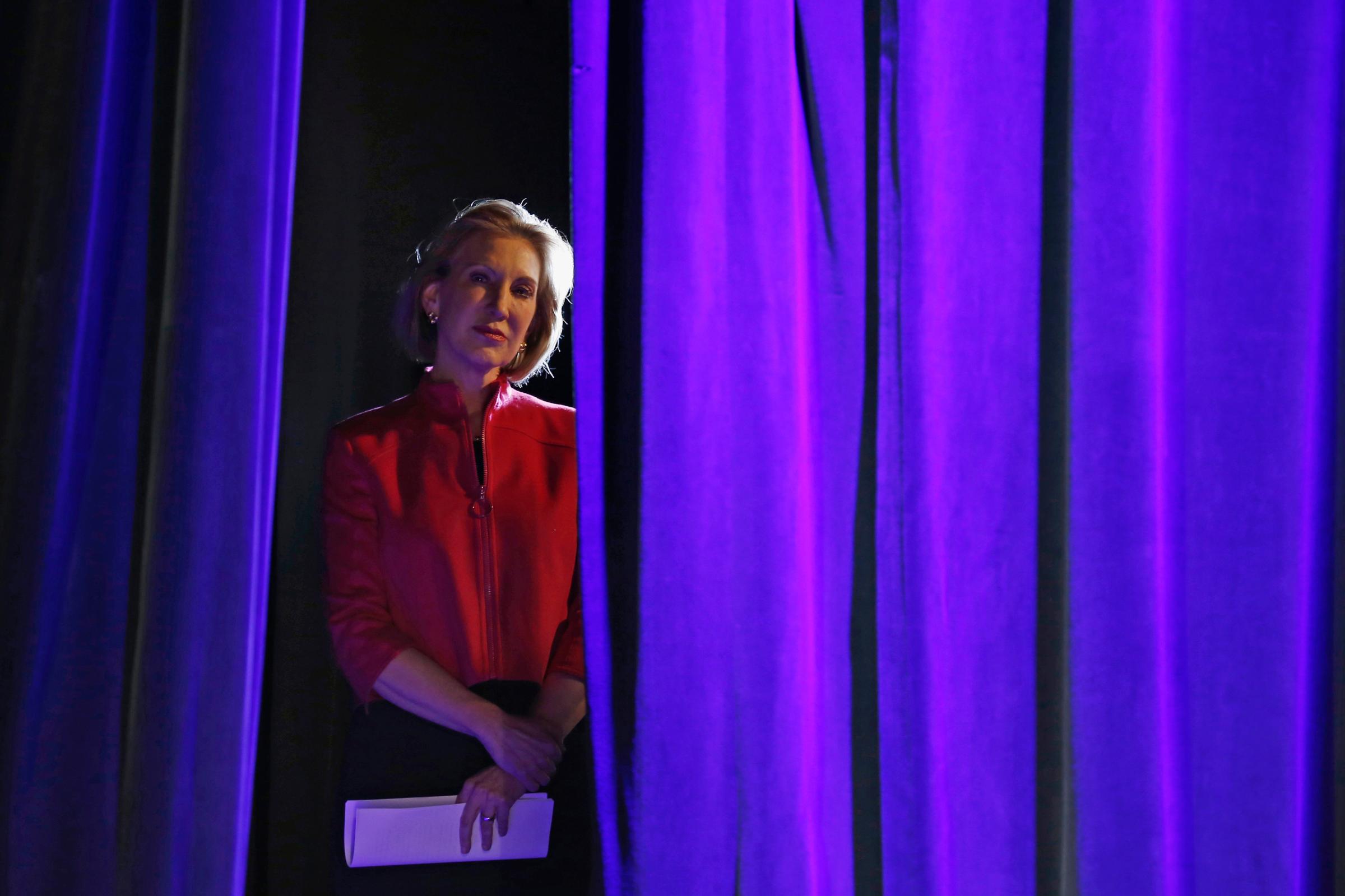
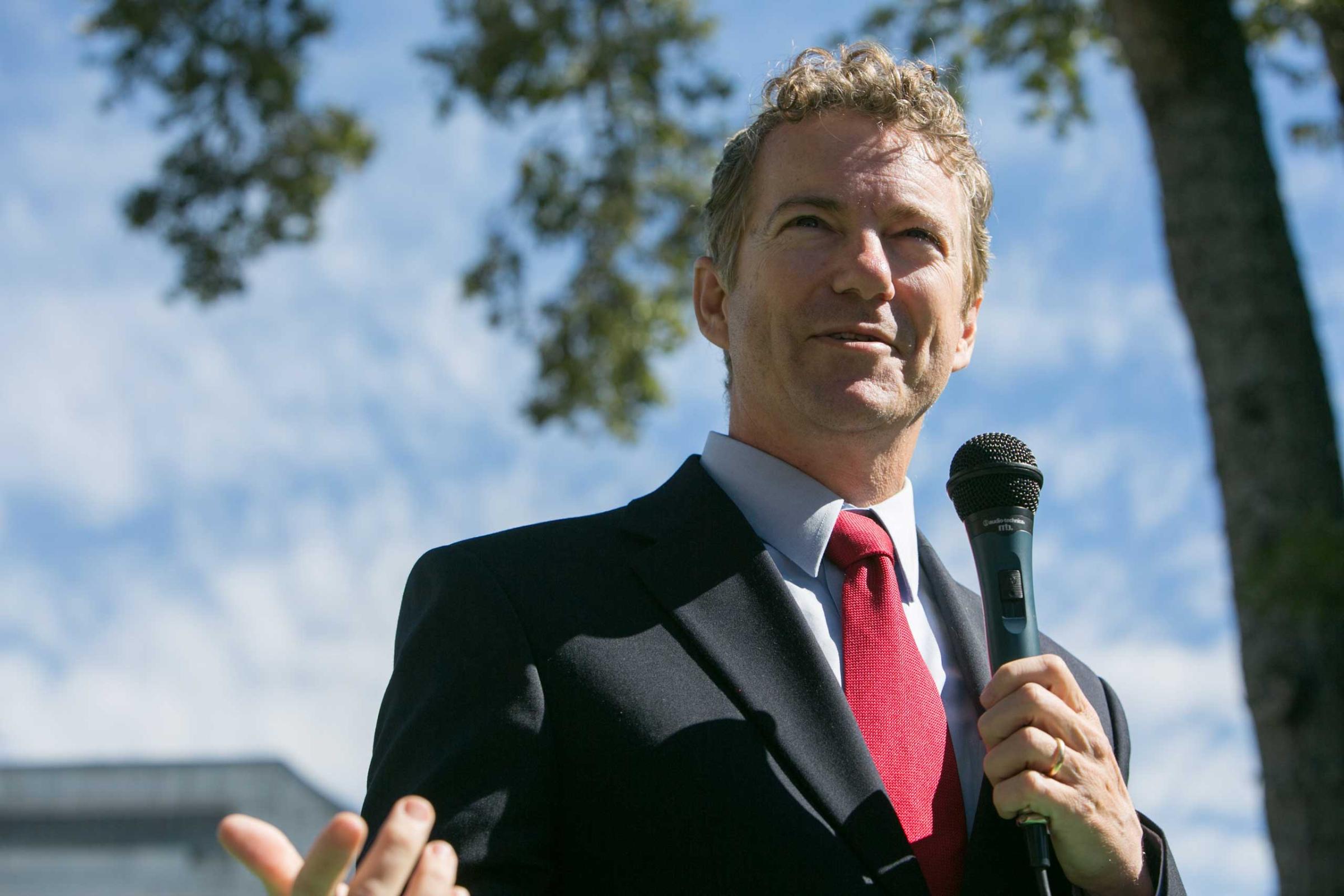
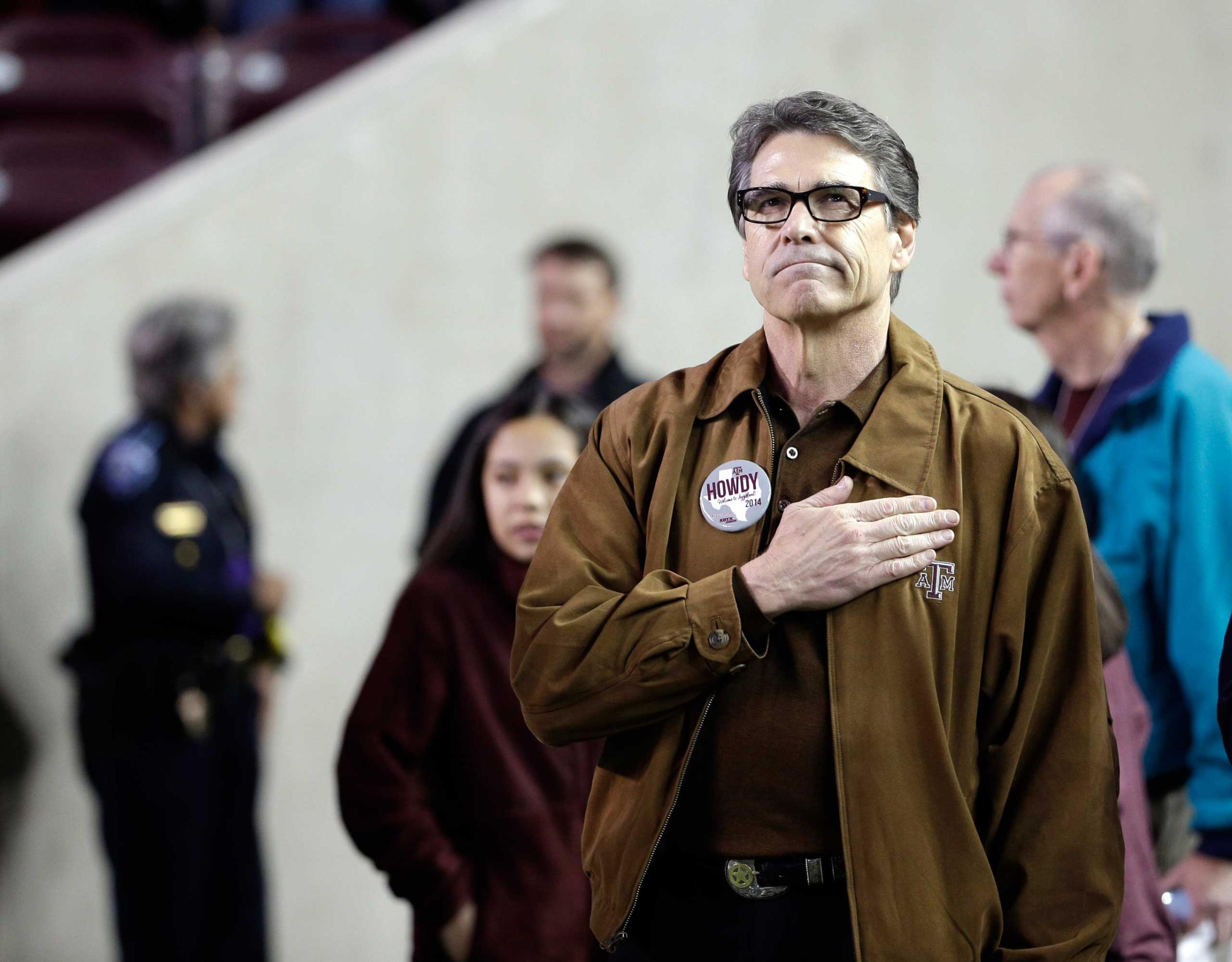
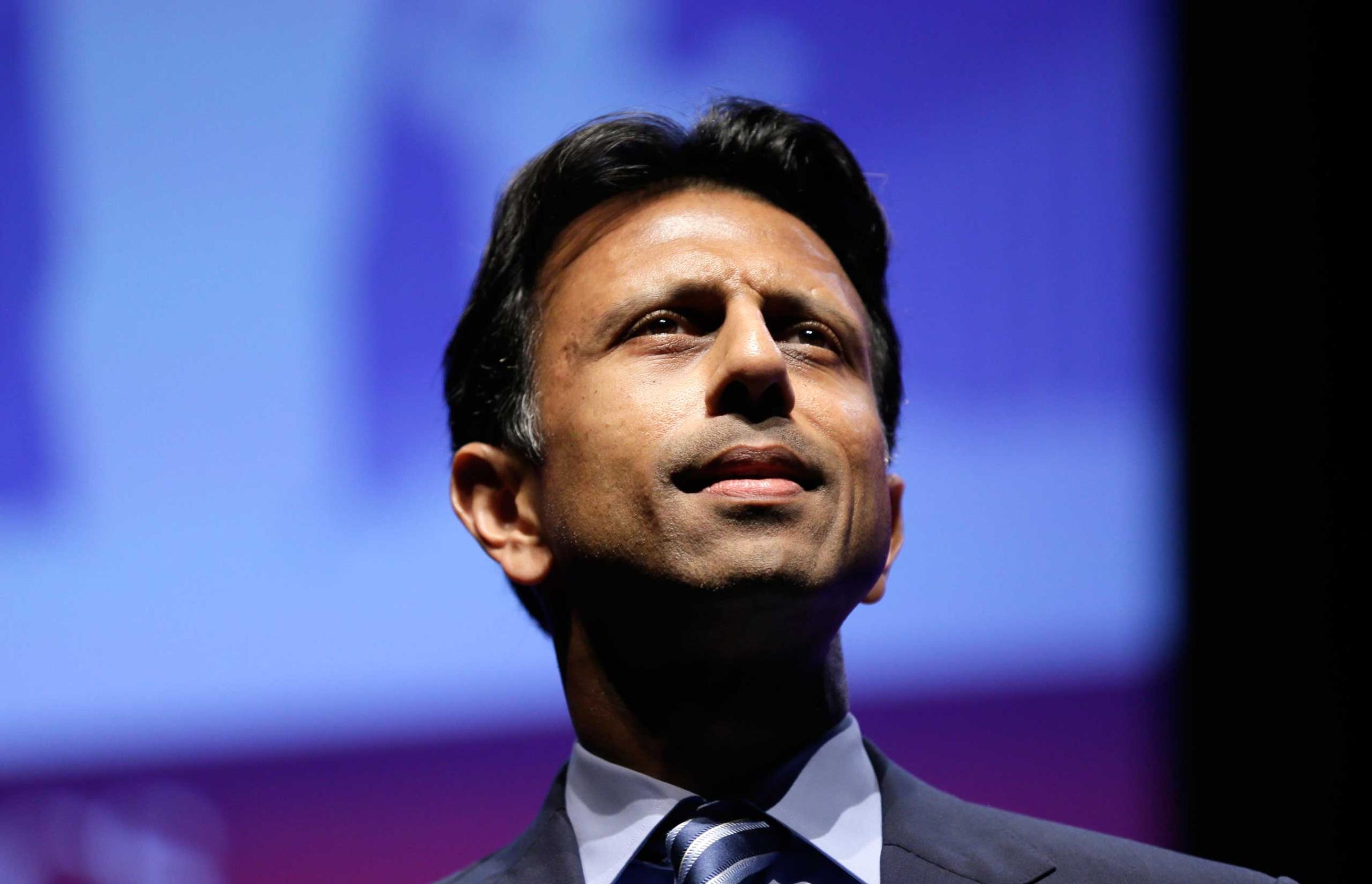
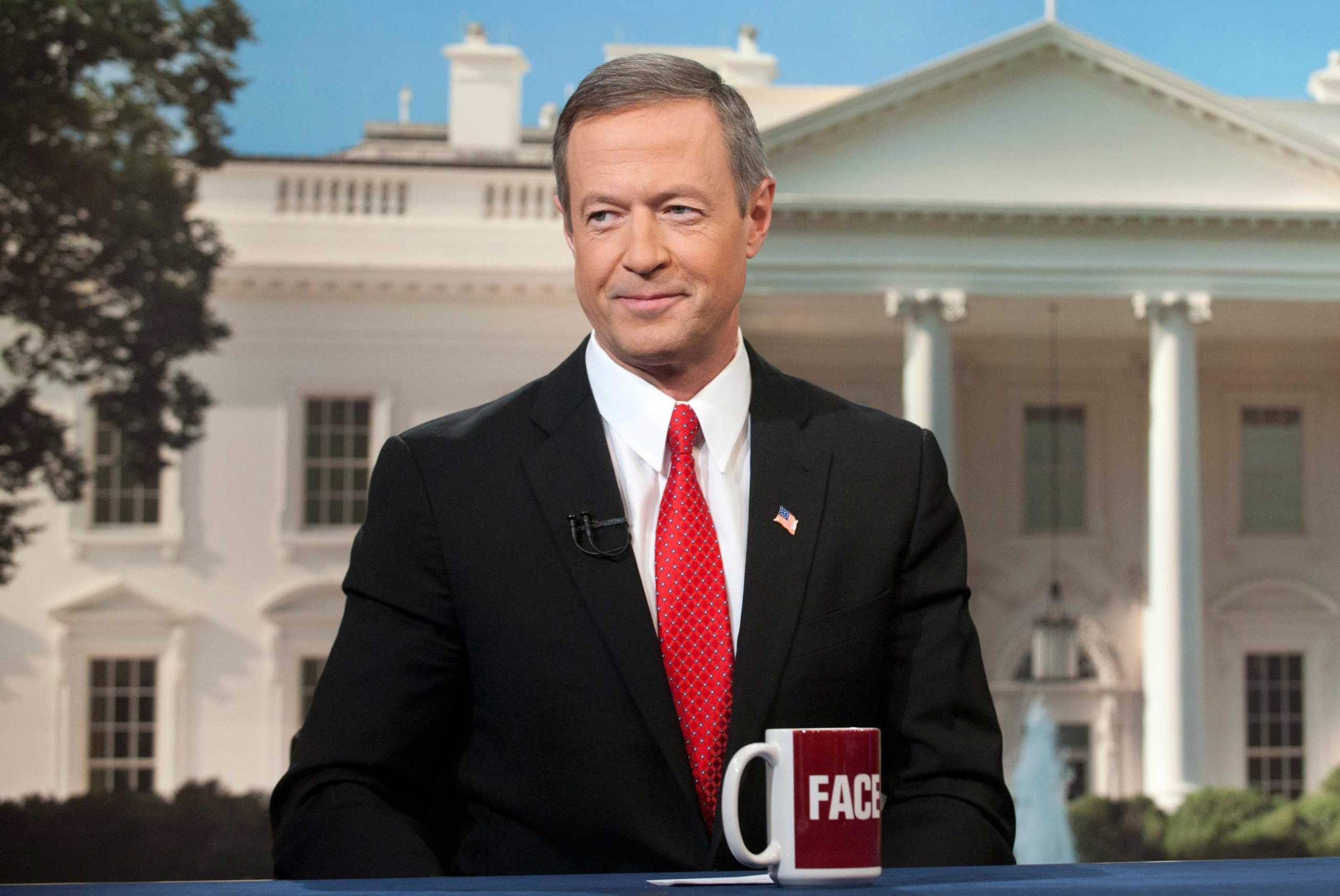
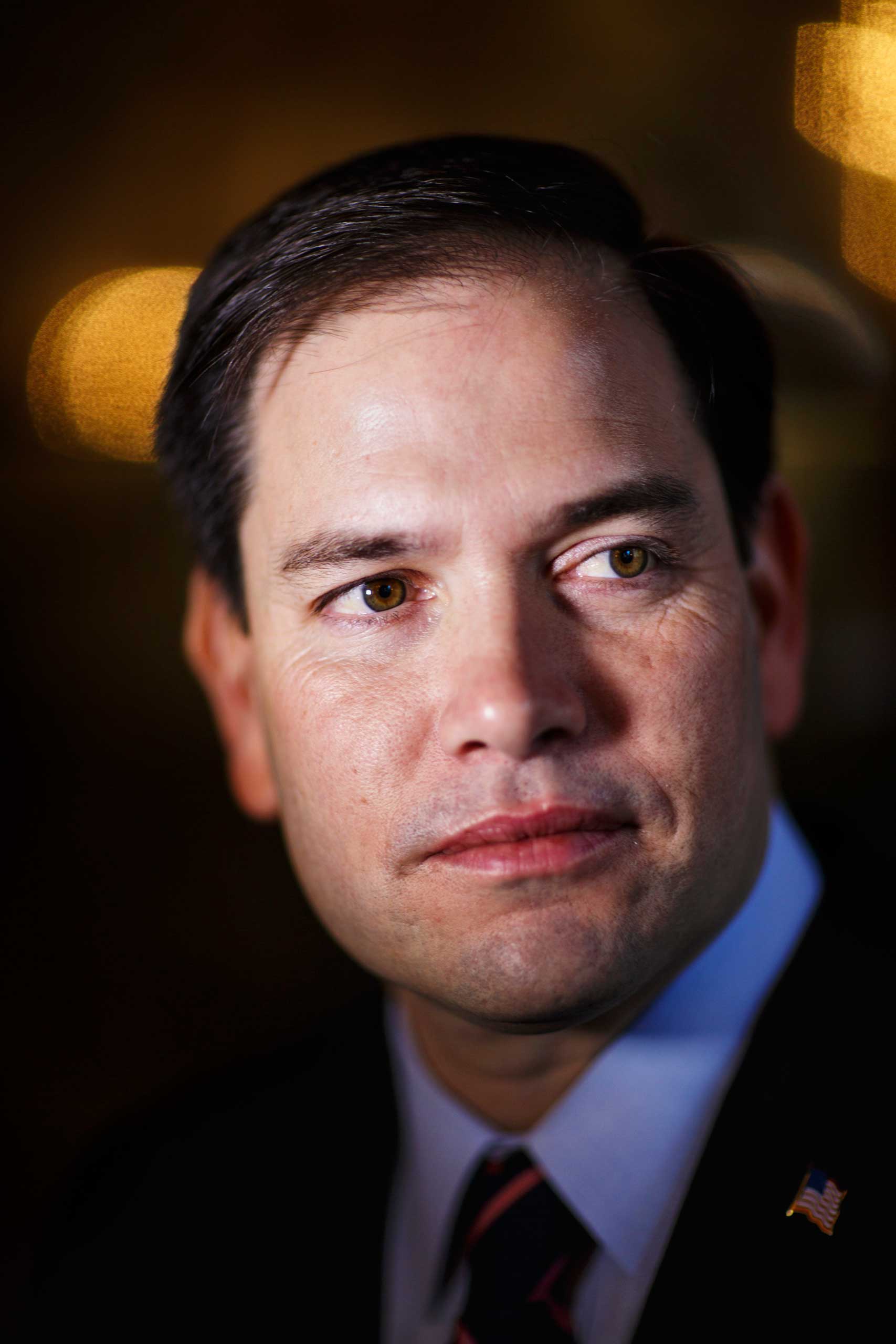
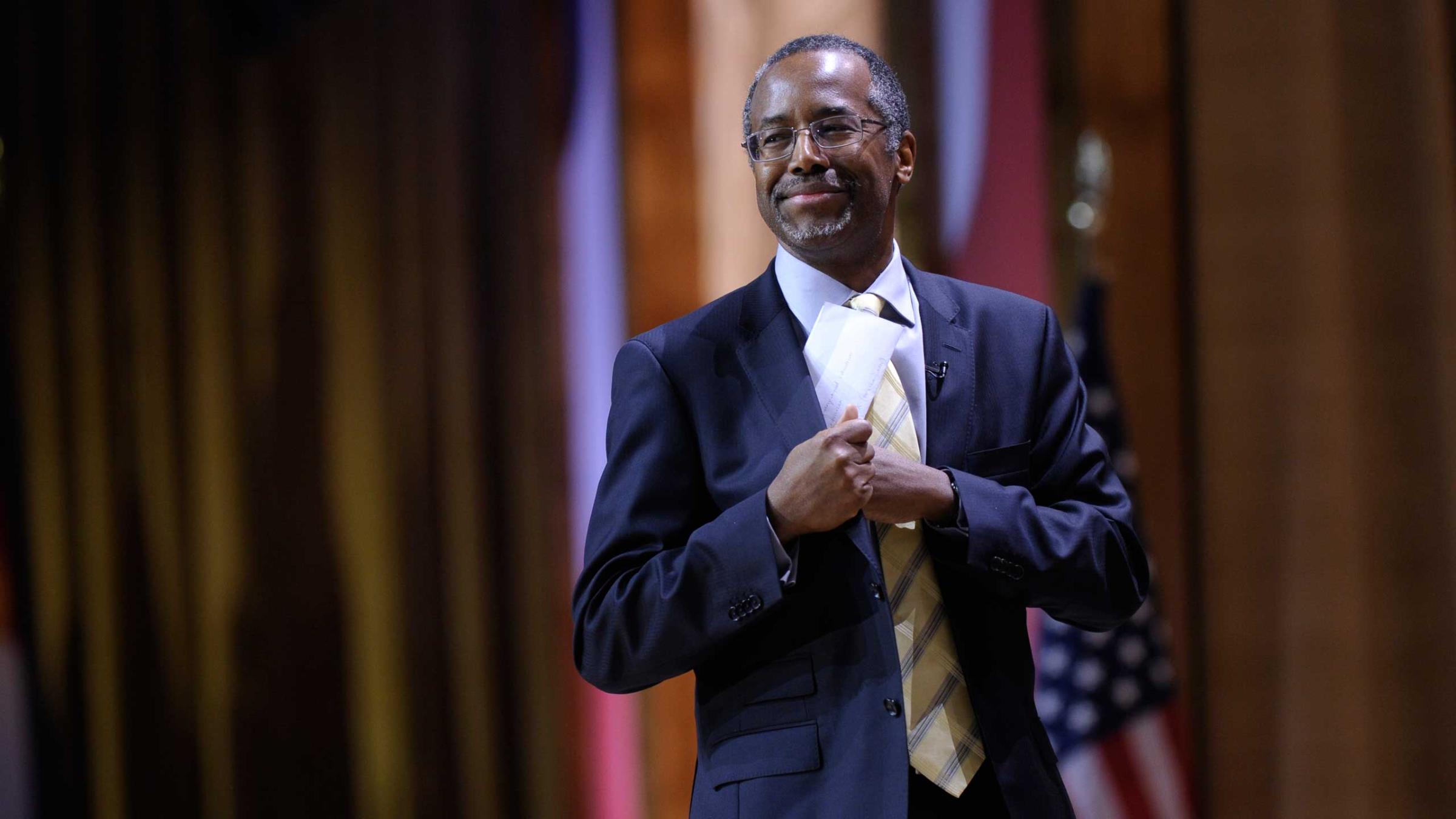
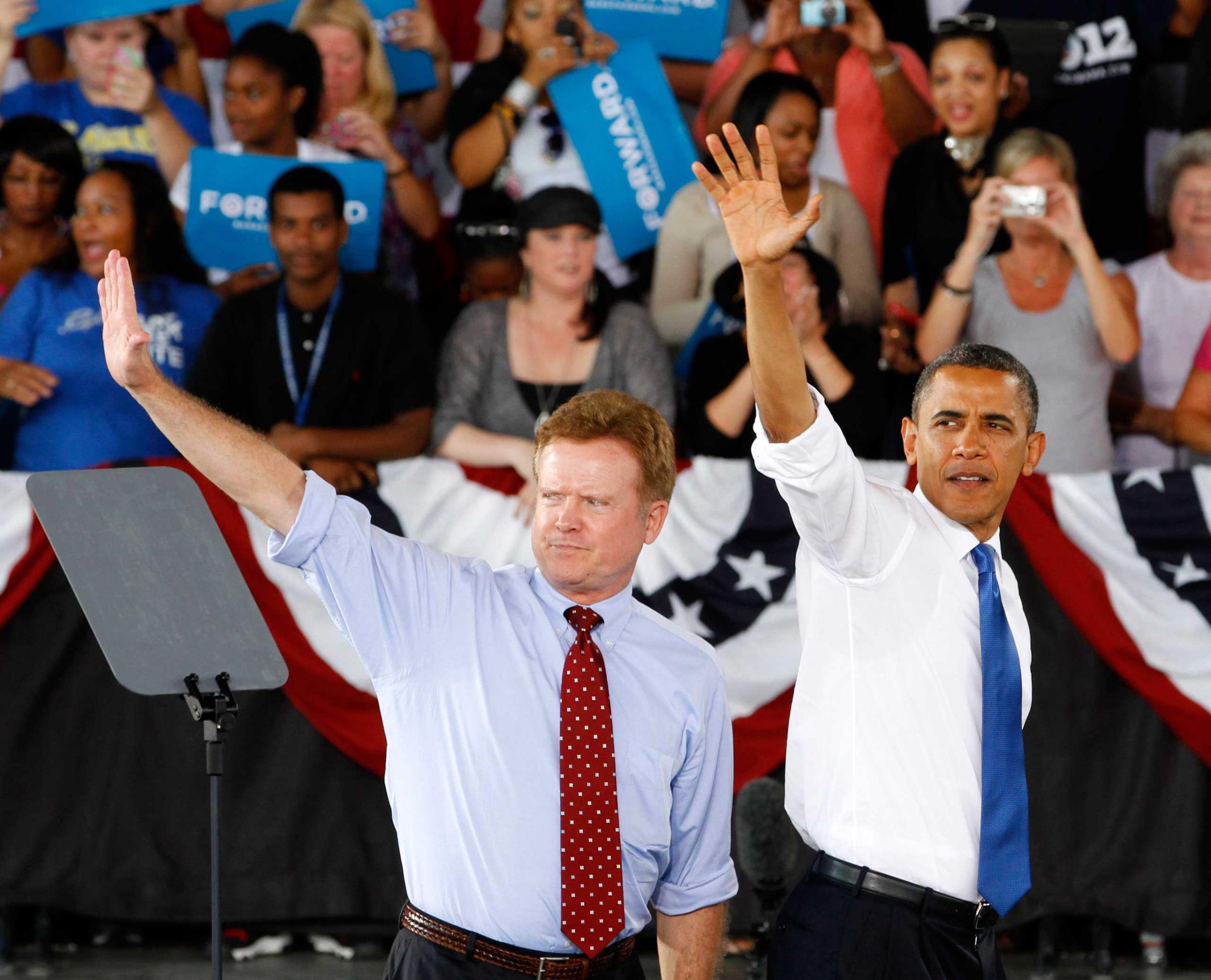
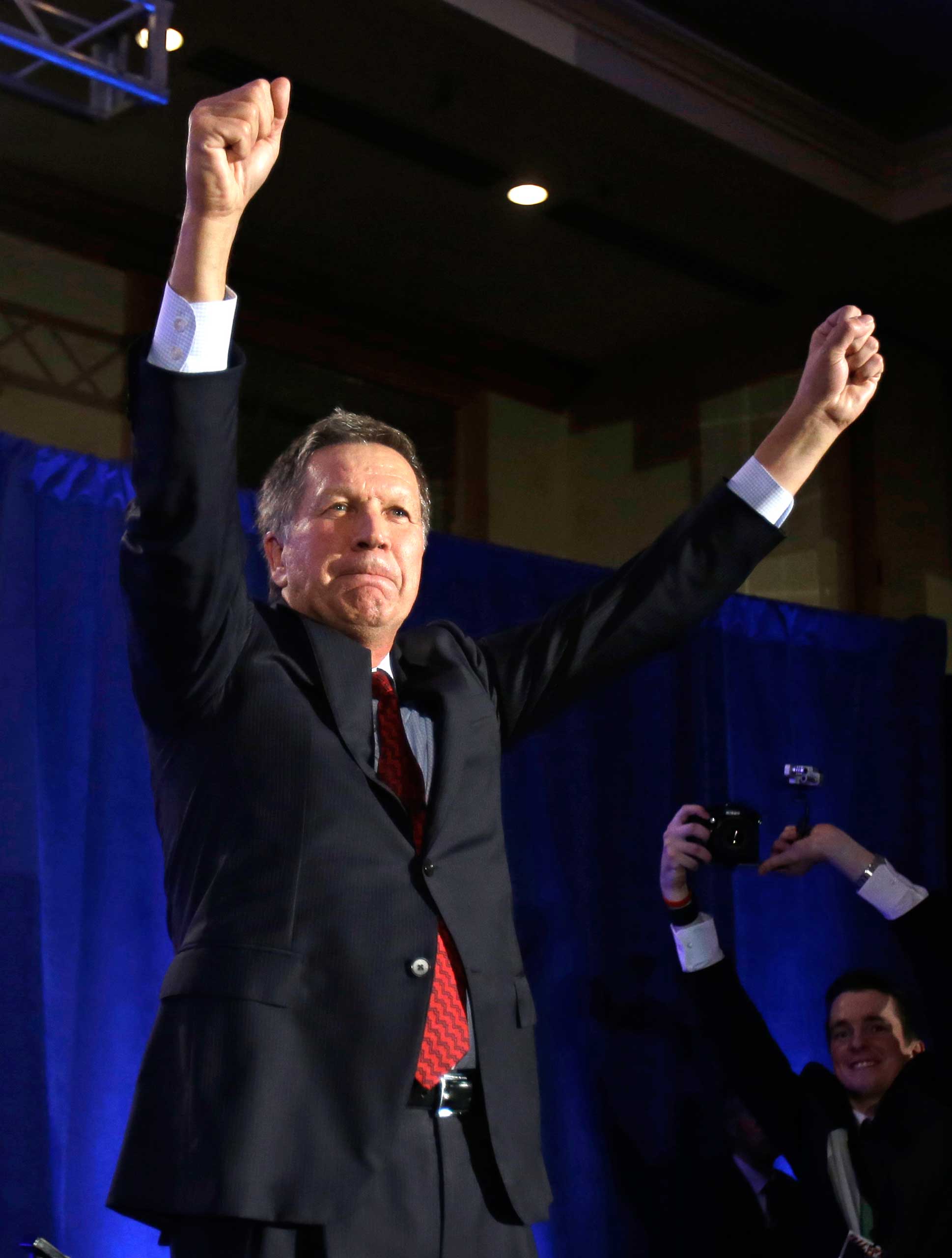
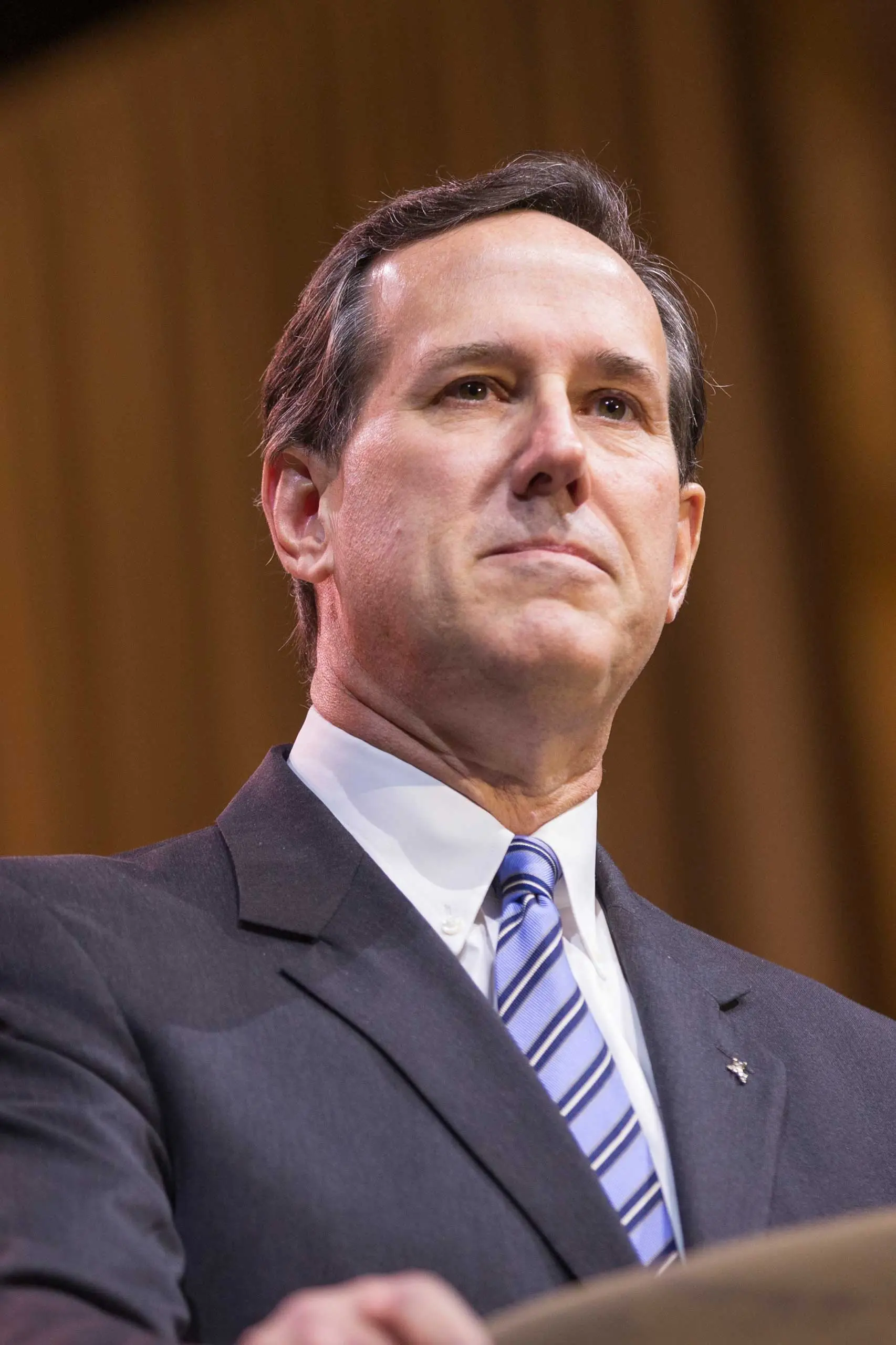
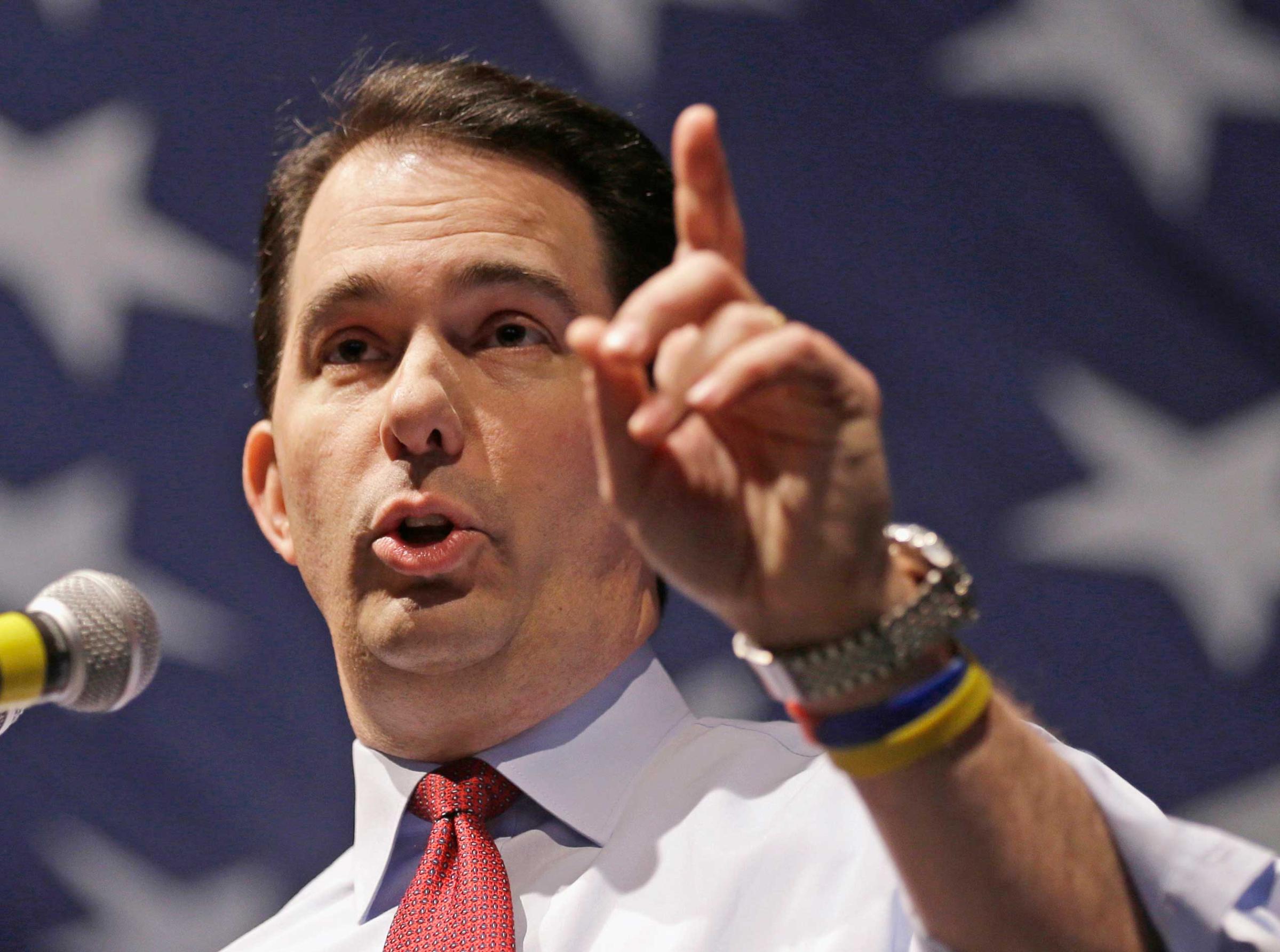

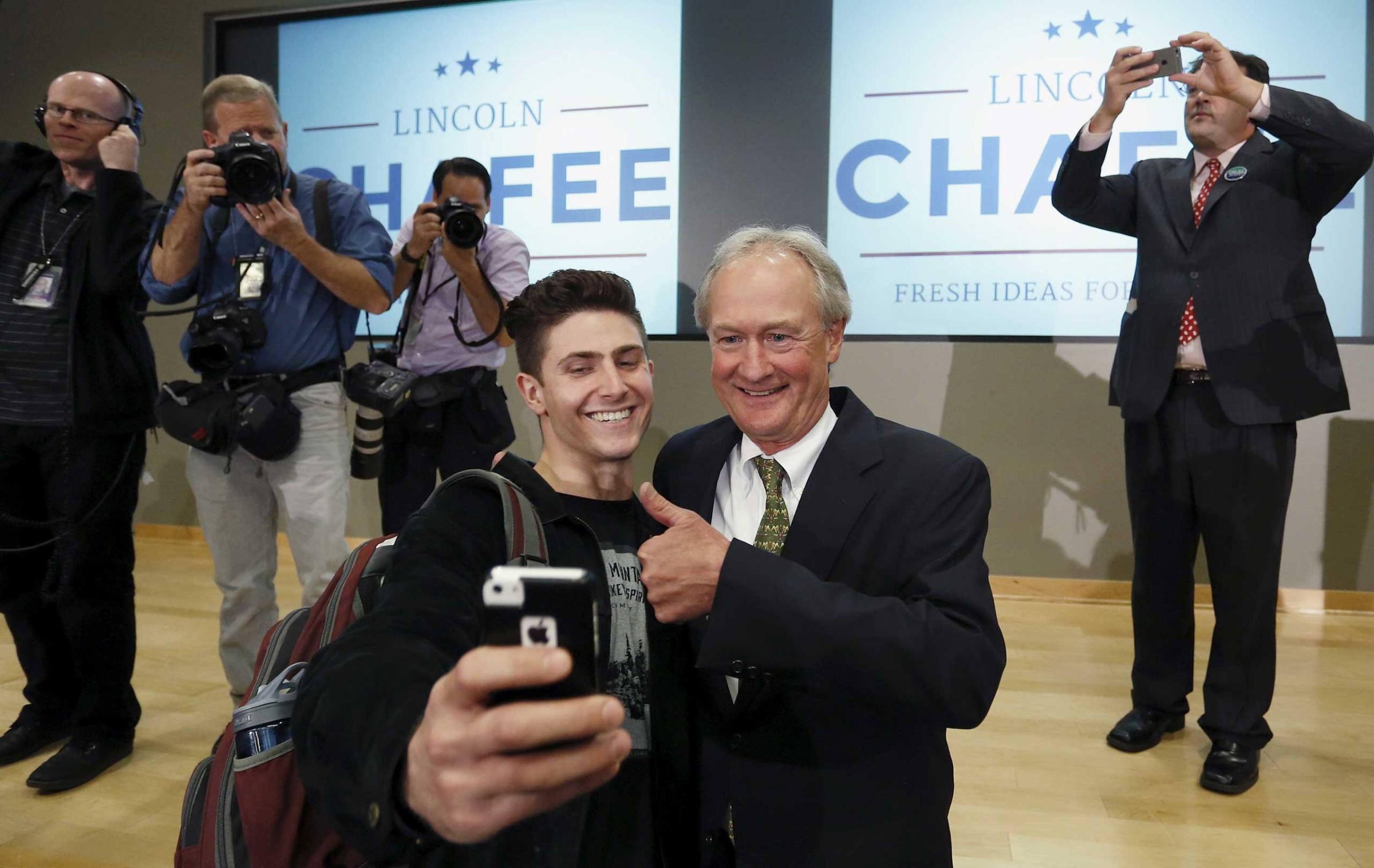
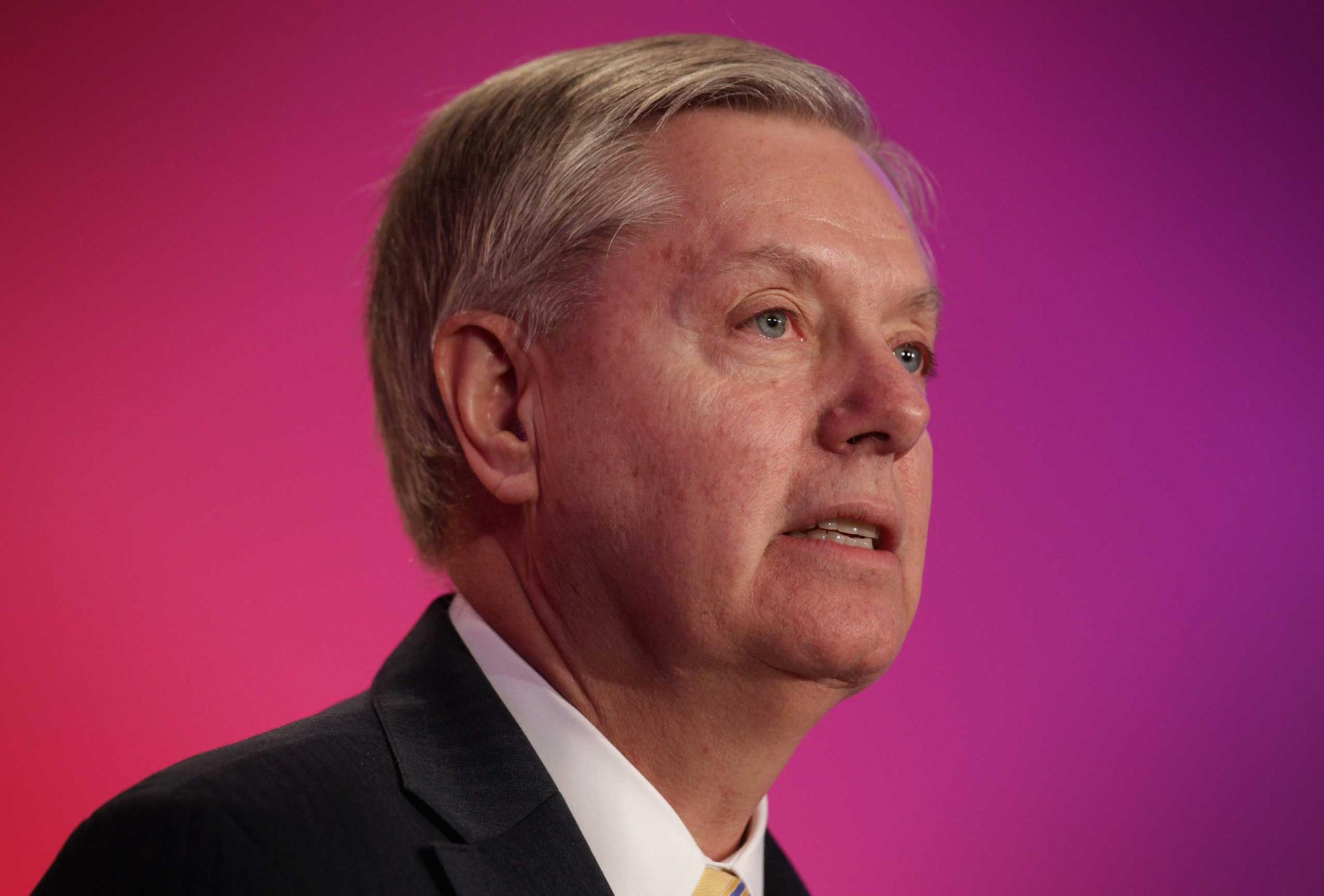
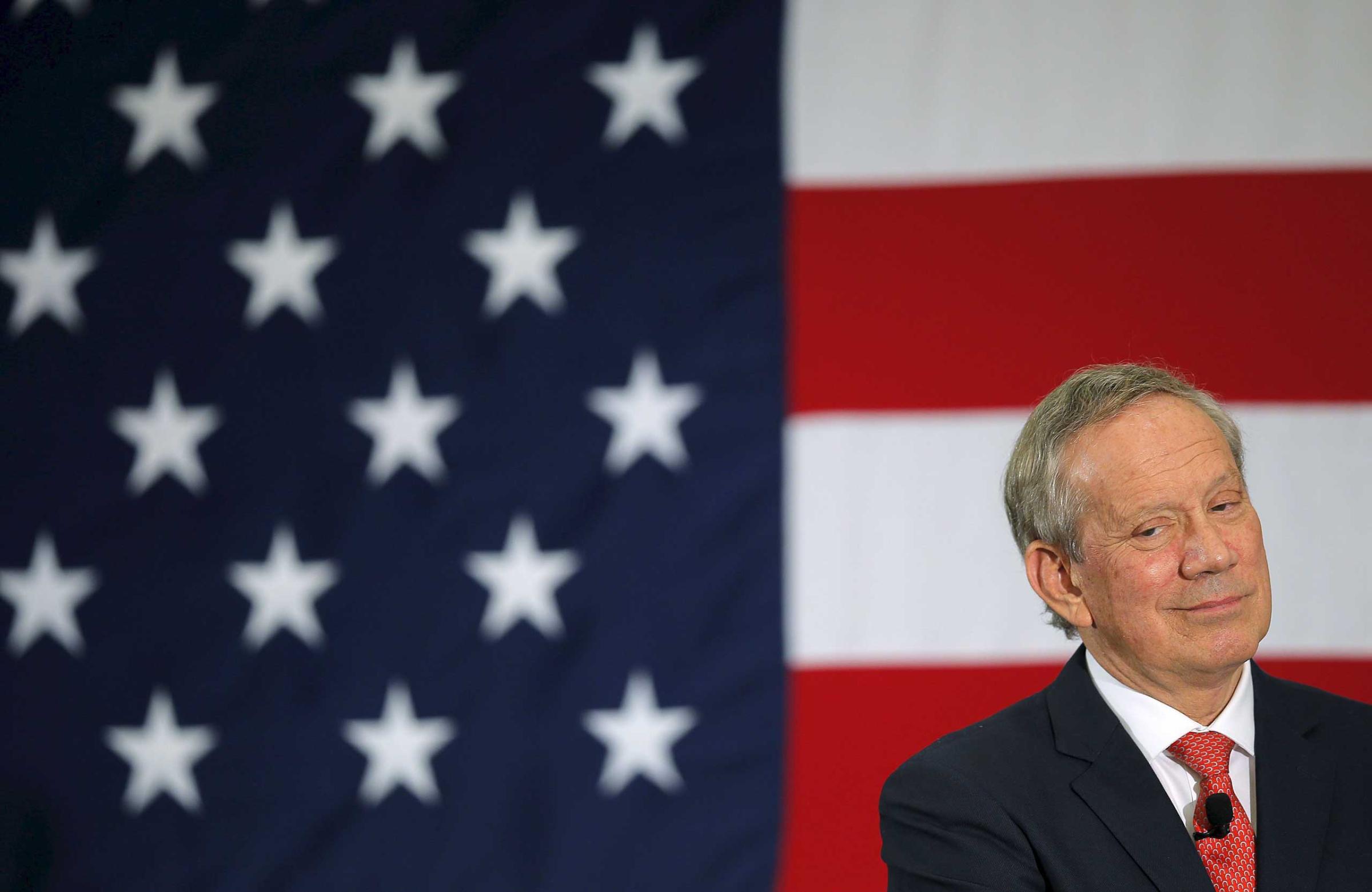
Read next: Republican Candidates Didn’t Just Talk Guns at NRA Event
More Must-Reads From TIME
- The 100 Most Influential People of 2024
- How Far Trump Would Go
- Scenes From Pro-Palestinian Encampments Across U.S. Universities
- Saving Seconds Is Better Than Hours
- Why Your Breakfast Should Start with a Vegetable
- 6 Compliments That Land Every Time
- Welcome to the Golden Age of Ryan Gosling
- Want Weekly Recs on What to Watch, Read, and More? Sign Up for Worth Your Time
Write to Lily Rothman at lily.rothman@time.com